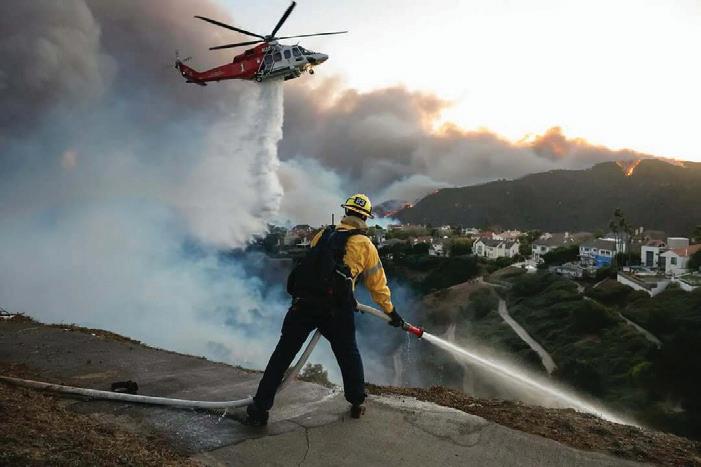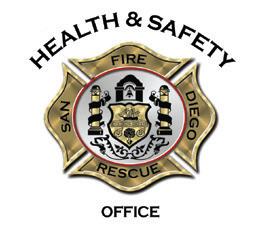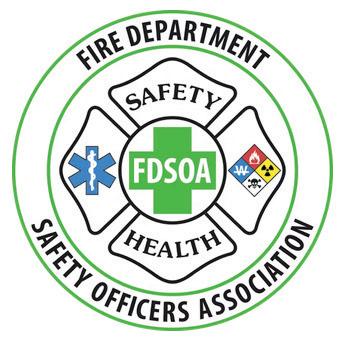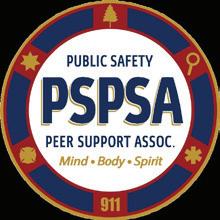Advancing Care for First Responders
A Call to Action for Workers’ Compensation Stakeholders
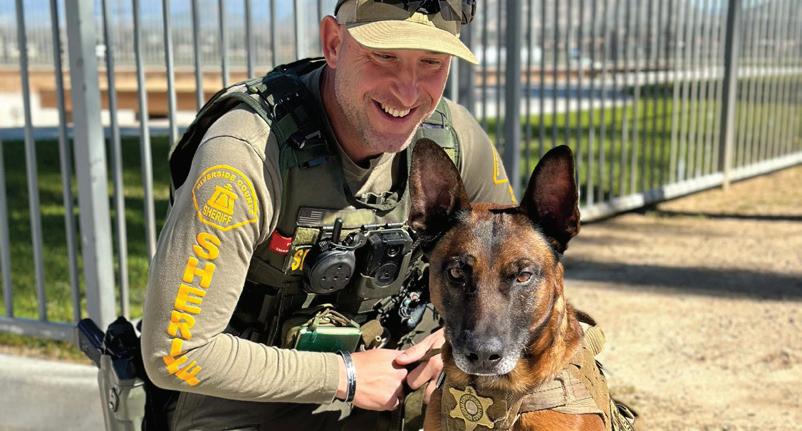
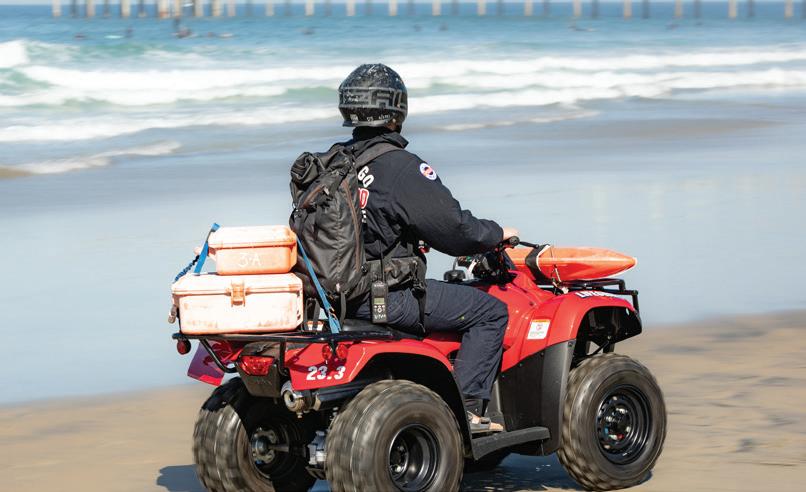
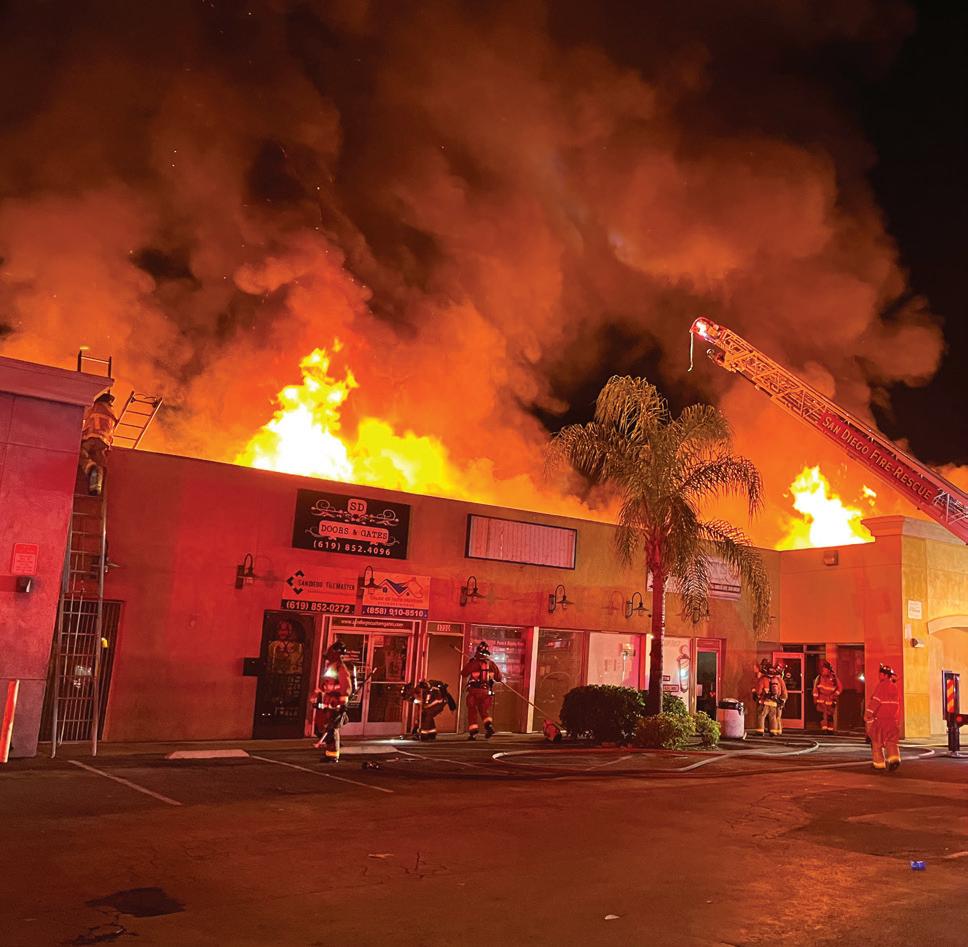

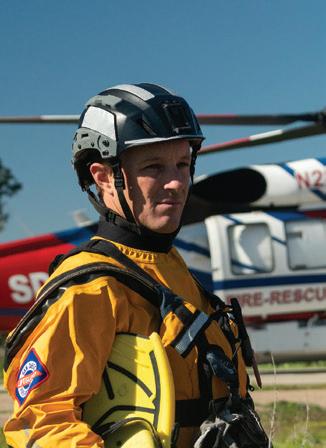
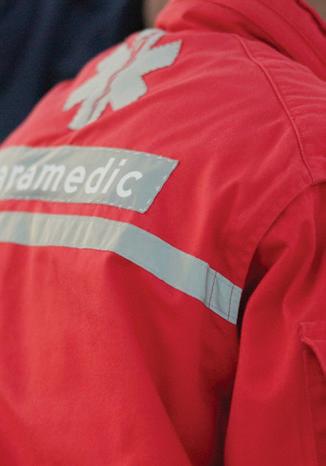

























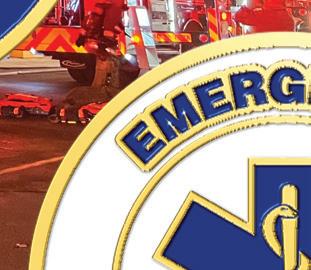


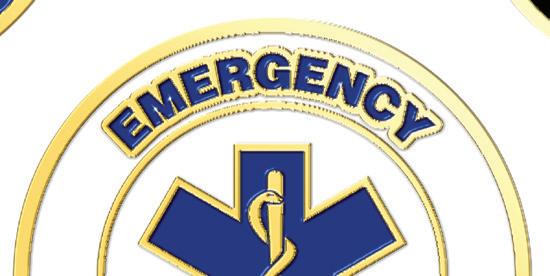

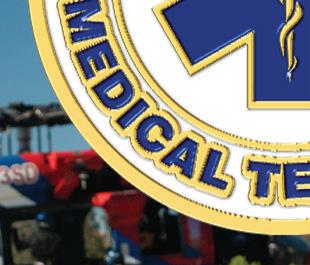

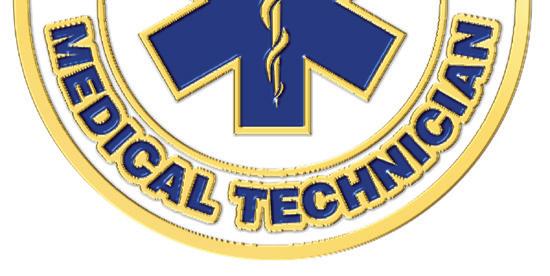

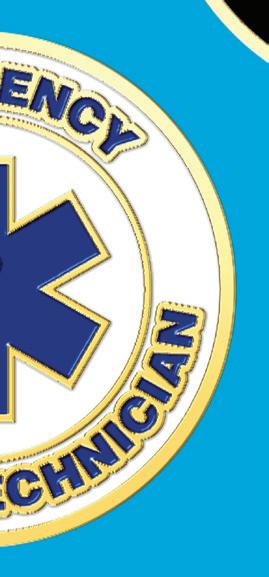









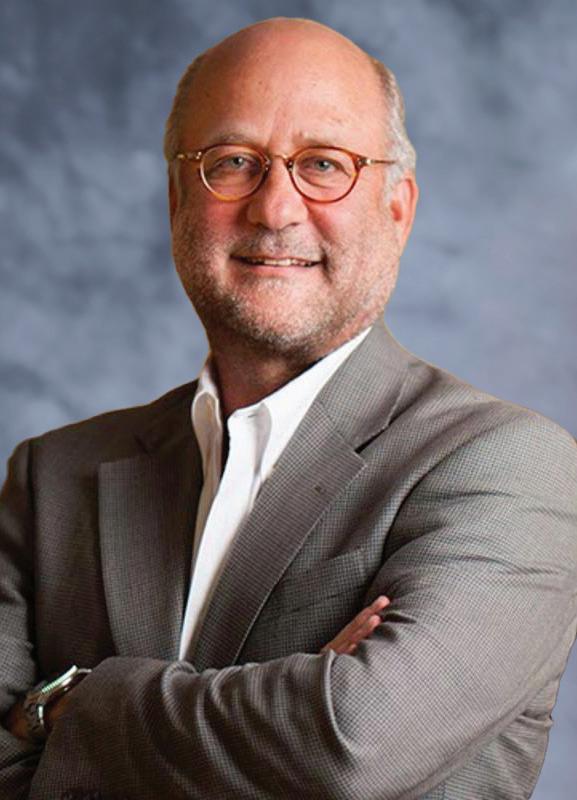





















































First responders—such as firefighters, police, sheriffs, and emergency response—face extreme and traumatic situations daily. They frequently encounter severe injuries, fatalities, violent crimes, devastating accidents, and deaths, often being the first on the scene. This means they experience the immediate chaos and distress of emergencies, including the aftermath of fires, shootings, pediatric deaths and car crashes. The intensity and frequency of these experiences can be overwhelming, as they repeatedly confront situations far more extreme than what most people encounter in their lifetime (Battalion Fire Chief David Picone, San Diego FireRescue Department, Employers’ Fraud Task Force, 2022).
Constant exposure to severe stress and trauma can lead to Post-Traumatic Stress Injuries (PTSI), which significantly impacts their mental and physical health and well-being. Despite the profound impact on their lives, stakeholders who could make a difference are often unaware of these consequences.
Dr. Tomer Anbar CEO Institutes of Health
“ “
“The lack of timely, expert care perpetuates these ‘man-made’ epidemics within the workers’ compensation system.”
Peer-reviewed research demonstrates that suicide risk is elevated among first responders compared with the general population, with nearly 50% of firefighters reporting suicidal thoughts and approximately 16% attempting suicide during their careers (Stanley et al, 2015). Other studies show that Law Enforcement Officers are 54% more likely to die from suicide than any other profession (Violanti, 2020). Subsequent analyses affirm that these rates may be underestimated, as occupational stigma and death certificate misclassification contribute to systematic underreporting (Ribeiro & Joiner, Clinical Psychology Review, 2016; Henderson et al., Archives of Suicide Research, 2024). Complex cases of Post-Traumatic Stress Injuries (PTSI), which can lead to suicide, could have been systematically prevented with timely, specialized care. Unfortunately, many of these cases are exacerbated by multiple barriers to receiving appropriate, expert treatment.
The risk of suicide in these cases is often driven by a combination of biological, psychological, and social factors, including depression, post-traumatic stress, chronic pain, brain injury, and substance abuse. The lack of timely, expert care perpetuates these “man-made” epidemics within the workers’ compensation system.
See the Call To Action at the end of this document. We must all work together to build a Culture of Caring for first responders, who risk their lives for our safety every day.
We are grateful to the thought leaders, organizations, top-tier researchers, academics, content providers, and advocates who are pioneering a new era in Workers’ Compensation practices.
Epidemics of chronic pain, post-traumatic stress injuries, brain injuries and related substance abuse are significant cost drivers in the workers’ compensation system.
In 2021, over 683,000 work-related injuries were reported in California, with costs exceeding $3 billion.
20% of these reversible chronic conditions represent 80% of the costs.
Barriers to effective treatment include inadequate provider training, insufficient access to evidence-based care, and flawed claims management practices.
Delayed or denied access to appropriate treatment increases the financial burden on employers, leads to increased morbidity/disability, and causes unnecessary suffering including higher rates of suicide particularly among first responders.
These unintentional consequences of the workers’ comp system often worsen chronic conditions.
Ineffective or flawed claims management practices contribute to increased disability and costs (CPCA):
Inappropriate utilization review denials.
Denial or delay of reimbursement for UR-certified care.
Inappropriate delays or denials of access to evidencebased care.
These dynamics lead to adversarial relationships between healthcare providers and payors contributing to a critical lack of specialists as more clinicians exit and refuse to participate in the WC system.
Delays in delivering evidence-based care and poor clinical outcomes is particularly devastating for first responders and their organizations. Research presented at the California Police Chiefs Association (CPCA, 2022) indicate that:
...surveys among [law enforcement] stakeholders reported care being “Consistently timely/appropriate only among 7% of respondents, and “Expending Overtime” in 82% of claims (contributing significant costs to the employer), while negatively impacting the “Employee View of Employer” 47%.
This illustrates the true cost of claims and the impact of delaying or denying appropriate evidence-based treatment, and goes far beyond the direct cost associated with healthcare delivery.

Recommended
1

2
Expedite diagnoses (imaging, tests, examinations, specialist etc.)
Value each employee as professional athletes are valued concerning access and quality of care

3
Delivery of timely effective care builds trust
When key stakeholders work together for the benefit of public safety officers, society is all the better for it.”
Sarah
“ “
Creighton, Founder of San Diego Police Department Wellness Unit, retired Assistant Police Chief













Traditional biomedical approaches of treating chronic conditions are inadequate and often perpetuate disability and increase suffering. A more advanced biopsychosocial approach to treatment is needed. The biopsychosocial model considers biological, psychological, and social factors in addressing and reversing the trajectory of chronic pain, brain injury, PTSI, and related substance abuse which often co-occur and exacerbate each other. Integrated interdisciplinary approaches are required for effective treatment. Specialized clinical programs that address these conditions concurrently provide more successful outcomes, improving return to work rates and reducing cost of claims.
Biomedical Model
PROGRESSION OF CARE MODELS
Biomedical Model
1. Unimodal
2. Multimodal
Biopsychosocial Model
1. Multidisciplinary
2. Interdisciplinary
3. Transdisciplinary
4. Transdisciplinary Therapeutic Community (TTC)
Unimodal Single Discipline.
Biopsychosocial Model
Multimodal Multiple Disciplines with no coordination of care.
Biopsychosocial Model
Interdisciplinary Integration of Multiple Disciplines coordinating treatment outcomes with disciplinespecific goals.
Transdisciplinary Full integration of Multiple Disciplines sharing same treatment goals.
Multidisciplinary Multiple Disciplines treating independently without shared goals/outcomes.
Transdisciplinary Therapeutic Community The most sophisticated clinical approach integrating the principles of a therapeutic community into a transdisciplinary treatment model, optimizing patient participation and outcomes.
Quality care in workers’ compensation requires a comprehensive approach that includes well-trained providers, adequate staffing, and proper infrastructure. However, financial incentives to inappropriately modify or deny care negatively impacts treatment outcomes and increases the overall cost of claims (CPCA). Implementing integrated and evidence-based clinical programs leads to better outcomes and reduced costs (CPCA). Effective claims management, adherence to best practices and appropriate reimbursement are essential for improving overall results and reducing expenses.
Quality care requires well-trained providers, adequate staffing, and proper infrastructure. Financial incentives to inappropriately modify or deny care, negatively impacts treatment outcomes. Integrated and evidence-based clinical programs lead to better outcomes and reduced cost of claims. Effective claims management should support best clinical practices leading to improved outcomes and reduced cost.
City of San Diego
Successful implementation of this model is exemplified by a program engineered by Joseph Sousa, the City of San Diego’s Workers’ Compensation Manager, Battalion Fire Chief David Picone, and San Diego’s Police Department Wellness Unit, founded by former Assistant Police Chief Sarah Creighton, wherein injured workers are triaged and when appropriate, fast-tracked into Institutes of Health’s evidence-based PTSD and related clinical tracks. Treatment is then provided through a highly advanced biopsychosocial transdisciplinary intensive outpatient setting, designed to treat Complex PTSD, chronic pain conditions, brain injuries, related substance use, and other comorbidities. The success of this effort has been extraordinary. It highlights the value of a vetted advanced biopsychosocial approach to care and the need for risk managers to follow the same evidence-based treatment guidelines that vetted clinical providers are required to follow.
“ The City of San Diego’s Workers’ Compensation Risk Management team, working in tandem with their Police and FireRescue Departments, and Institutes of Health, consistently demonstrates how best practices can be implemented and maintained to deliver an approach that systematically improves clinical outcomes, decreases disability, and improves return-to-work while decreasing the overall cost of claims.
Sousa, Picone | City of San Diego 2022








“These numbers represent the outcomes of first responders participating in this biopsychosocial initiative, a partnership between the City of San Diego and Institutes of Health. 94% 5.5 100% of patients that completed the PTSD IOP as directed returned to full duty upon completion of first responders who attended IOH clinical programs were P&S’d upon completion months – average time to RTW full duty
It is essential that all workers’ compensation stakeholders— including employers, risk managers, agencies, and clinical providers—come together to foster a culture of caring for our first responders. We must:
Shift from Adversarial to Cooperative Practices: Embrace a collaborative approach to claims management that prioritizes the well-being of first responders. Let them know they are valued.
1 2 3 4
Enhance Training and Access: Thoroughly vet medical providers. They must be well-trained in this advanced model of care and competent in providing treatment within the first responder culture so they have timely access to effective, evidence-based care.
Implement EvidenceBased Practices: Follow best practices that are proven to improve outcomes, reduce costs, and expedite recovery.
Foster Collaboration:
Work collectively with all stakeholders and agencies to implement comprehensive, biopsychosocial approaches to more effectively address the epidemics of chronic pain, PTSI, brain injuries, and related substance abuse.
By prioritizing these actions, we can improve the health and safety of our first responders and create a more effective and compassionate workers’ compensation system.
“In 2023, the San Diego Fire-Rescue Department had 43,523 hours of industrial leave in addition to the cost of backfill overtime at time-and-a-half to fill the seat in the engine. This would be considered astronomical if not for the joint effort between the department and risk management to support Wellness Services and prevention, which reduced it by 8% overall (Picone, 2024).”
At the end of the day, we want the same things. First responders want to get back to work. We love our jobs. Risk managers and agency leaders want better outcomes and return to work. Working in partnership is how we get there...
David Picone, San Diego Fire Battalion Chief, Health & Safety Officer
DEPARTMENT SENIOR LEADERSHIP
“
CITY CLAIMS ADMINISTRATOR/ HR/RISK MANAGER
PROVEN MEDICAL PROVIDERS
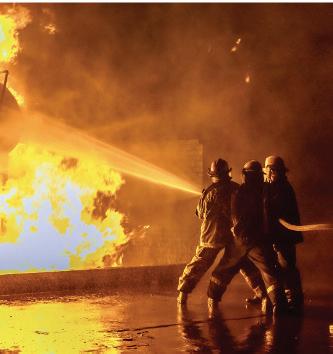
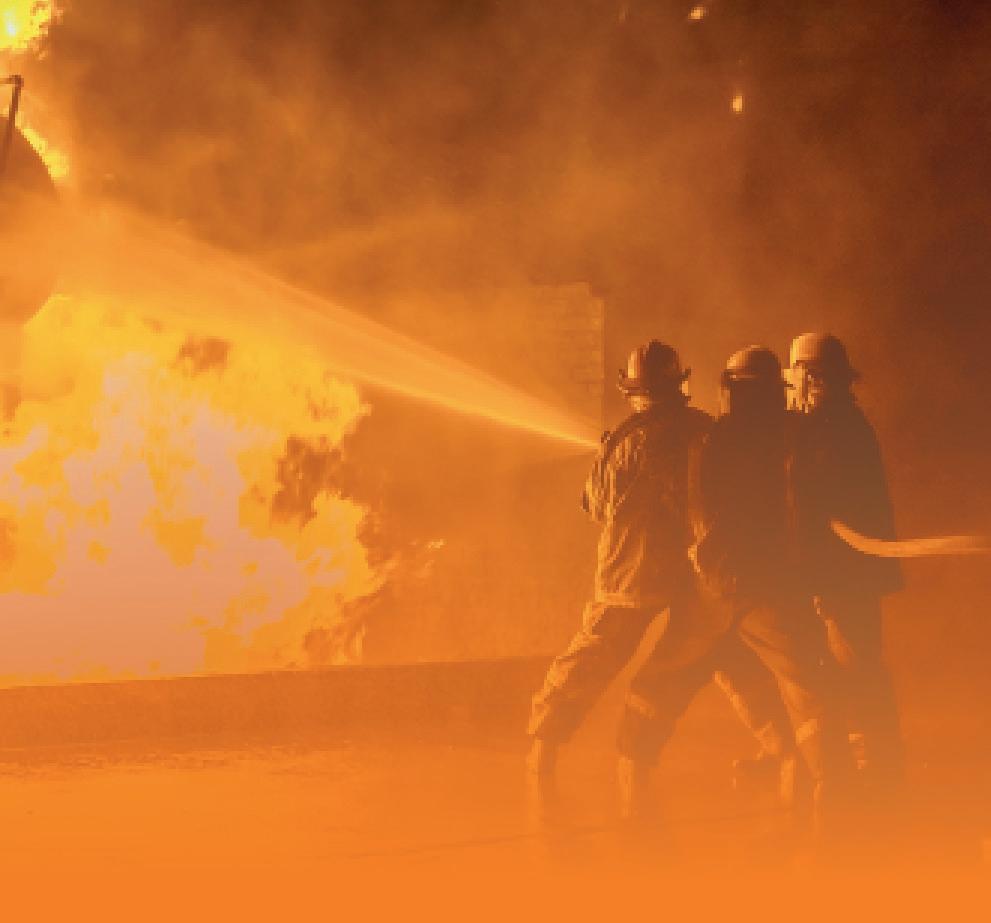








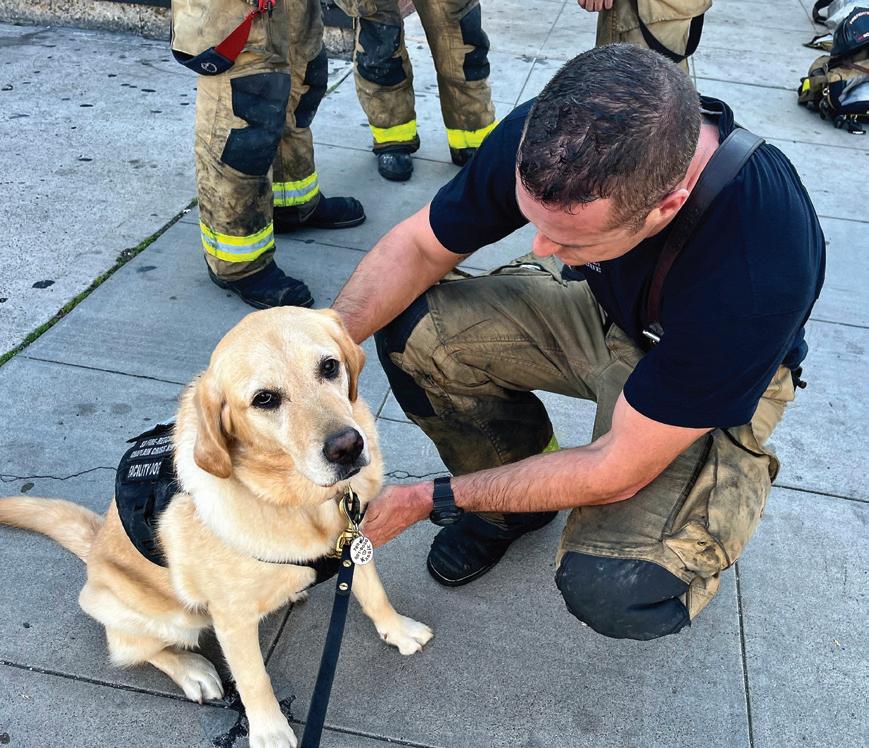












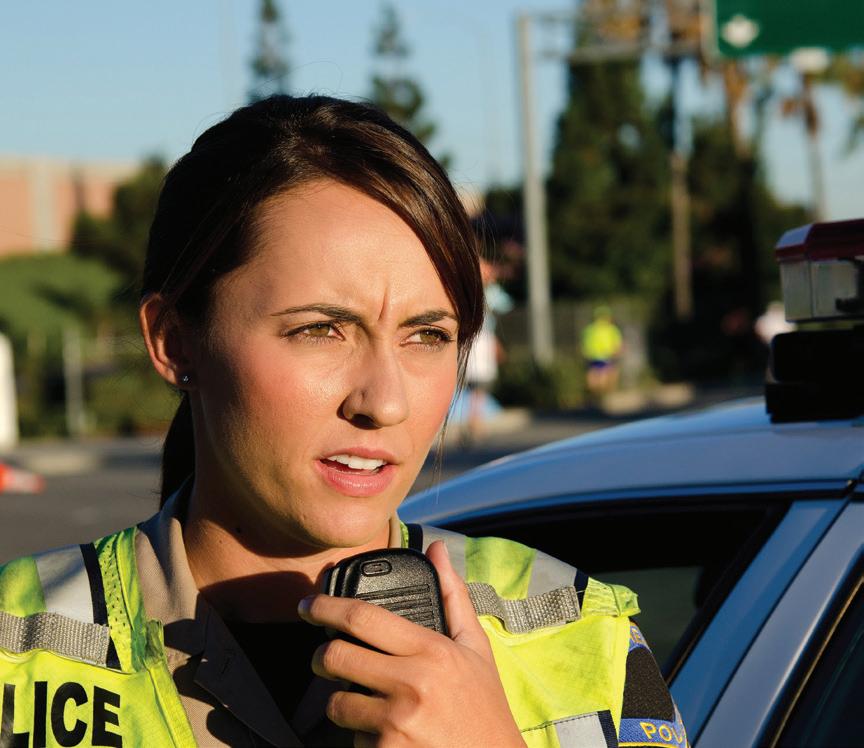

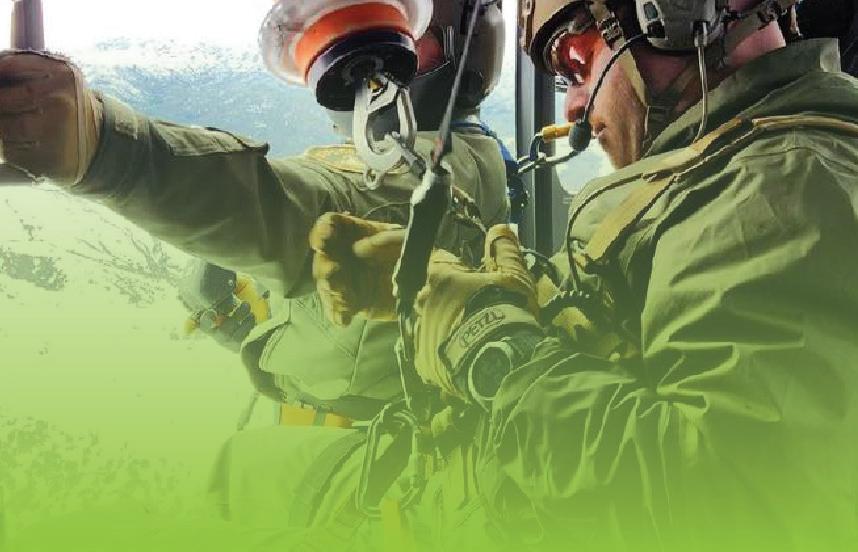
First responders frequently encounter traumatic situations, leading to severe mental health issues like Post-Traumatic Stress Injuries (PTSI) and high suicide rates, which are five times higher than civilians, with many cases unreported.
The workers’ compensation system often fails first responders, with up to 55% of injured officers facing delays or denials of care (CPCA). Systemic issues like inadequate provider training and poor claims management worsen the problem.
Inadequate care increases costs for employers and causes more suffering. For example, chronic pain which constitutes 20% of injuries drives 80% of the of the $3 billion in work-related injury costs in California. Inappropriate delays and denials also result in high costs for covering disabled officers.
Traditional biomedical methods fall short for treating chronic pain, PTSD, brain injury, and substance abuse. An advanced biopsychosocial model, addressing biological, psychological, and social factors, is necessary for effective treatment of chronic and complex conditions.
Programs like the evidence-based PTSD treatment delivered by Institutes of Health (IOH) and the City of San Diego show that the advanced biopsychosocial model improves outcomes, accelerates recovery, and reduces costs.
Comprehensive Full-Time Staff of Medical Specialists
Accelerated Recovery, Return-to-Work, Decrease in Overall Cost of Claims
Specialty Services
AOE/COE
Clinical Nutrition
Clinical Psychology
Forensic Psychology
Neurology
Brain Injury & Concussion Clinic
Chronic Pain Clinic
Complex PTSD Clinic
CRPS Clinic
Inpatient Detox & Trauma Clinic
Full Service Workers’ Compensation Specialists and Medical-Legal Expertise Dominic
How can we help?
Let’s act now to build a culture of caring and support for those who risk their lives for our safety every day. institutesofhealth.org
Neuropsychology
Occupational Therapy
Pain Management
Physical Therapy
Physical Medicine & Rehabilitation
Post-Traumatic Stress Injury (PTSI)
Psychiatry
QEEG Lab
Return-To-Work Counseling
Sleep Medicine
Speech-Language Pathology
Substance Use Recovery Services
Public Safety Associate M: (619) 456-5899 E: dpicone@institutesofhealth.org
